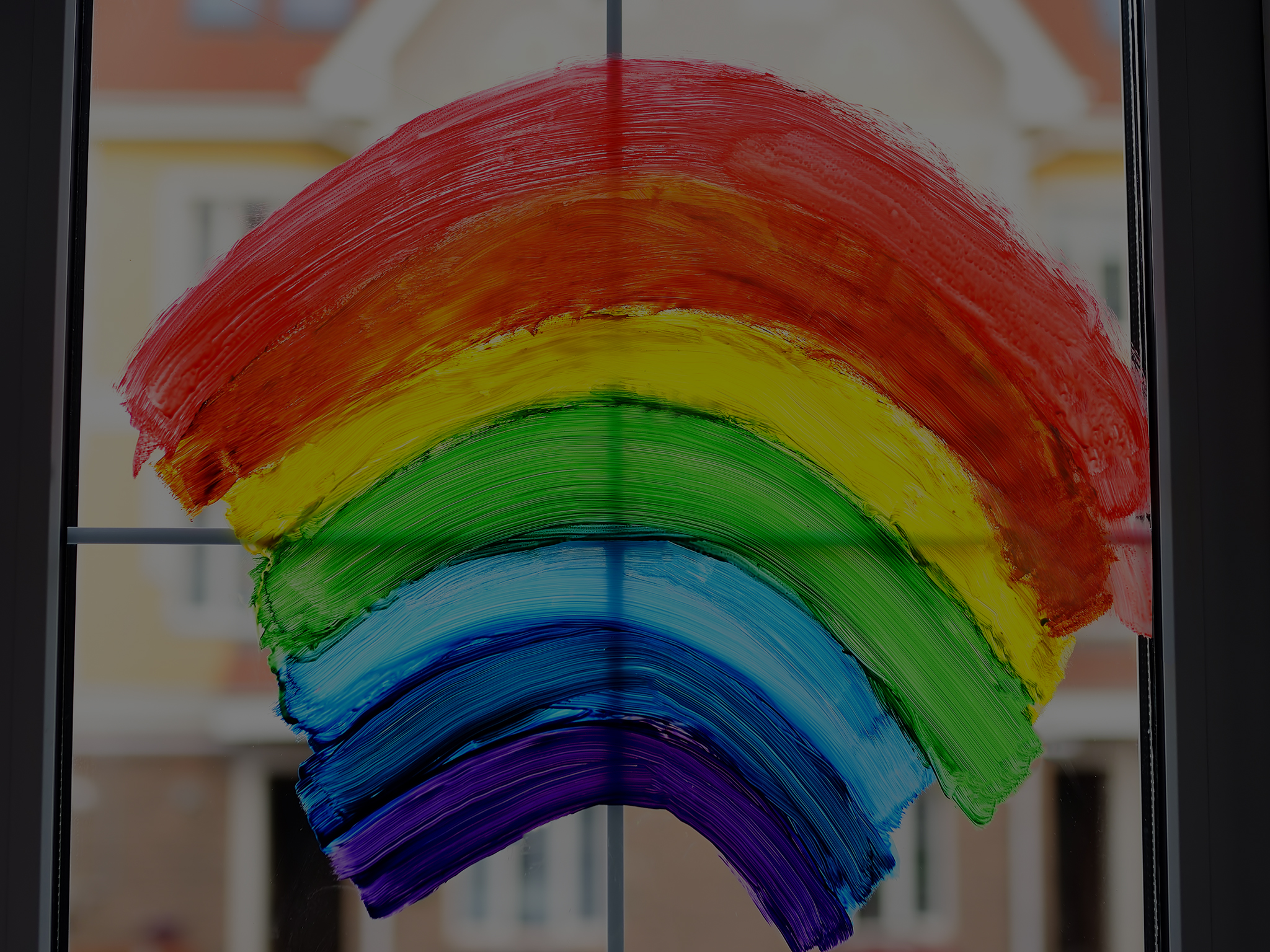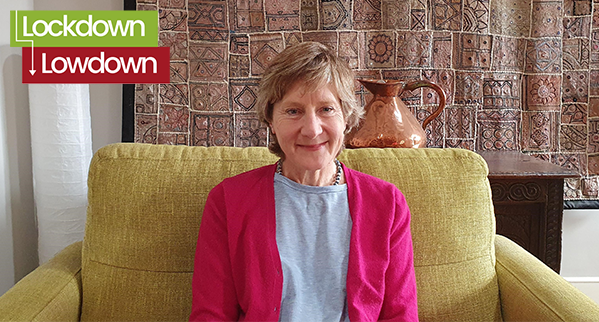Meg Abdy is development director at Legacy Foresight, a consultancy specialising in researching, benchmarking and forecasting legacy and in-memory giving. Legacies (the charitable donations we leave in our wills) are worth around £3bn to UK charities every year; in-memory motivated gifts are worth another £2bn. In 2019 Meg marked 25 years since her first legacy forecasting project and also became one of our clients. This year, during lockdown, she launched a new venture.
In with the new
Louise: Lockdown came at an interesting time for you – your business was in the final stages of merging with two others. Presumably you’d been working towards this for months. It must have been really difficult, getting a new venture off the ground just as the world was spinning out of control?
Meg: Yes, the last six months have been a roller coaster for us. We had been thinking about succession planning for a few years, and seriously considering our options for the past 18 months. Having decided that yes, Legacy Link and Legacy Voice were the right partners for us, we entered into an intensive negotiation phase before Christmas, working hard to thrash out a deal that worked for both sides.
We pushed for exchange on 10th March – the day before the 11th March budget – and made it by the skin of our teeth. But of course, between exchange and completion at the end of March, everything changed. To be honest, I don’t think the seriousness of the situation dawned on me for a week or so, as I was such a post-deal zombie! But clearly the position we found ourselves in on 1st April was not what we had envisaged in all those months of planning.
Despite the huge layers of uncertainty and the complications of forging a new culture during lockdown, I can honestly say that I have no regrets, and I hope our new partners don’t either. We have three strong businesses with lots of potential, a brilliant team, and loyal customers. As long as we keep the faith, remain flexible and keep innovating I think the future is bright.
My biggest regret is that we had to cancel the celebratory team lunch we planned for late March – maybe next year…
You worked mainly in the private sector for 15 years, then as an independent consultant, and now although Legacy Foresight is a business your focus is on the voluntary sector. Are you someone that welcomes (and even seeks) change?
Yes, I do like change – though perhaps not the bucketfuls we have at the moment! I think any organisation, any sector is interesting when you look below the surface.
“Maybe it’s my social sciences background; I’m fascinated by big-picture market drivers and workplace cultures.”
Although I started my life very firmly in the business world, I am lucky to have worked across all three sectors. I loved the pace and glamour of the eighties corporate world, though found it hard to stomach the machismo. In the noughties I ran a small regeneration consultancy, working on retail and cultural projects across the north-east of England. The work was exciting and at times inspiring, but I could never work inside the public sector – too much bureaucracy, not enough room for manoeuvre.
For me, well-run charities represent the best of both worlds – they are values-driven but entrepreneurial too. So maybe I have found my home at last.
You have been leading Legacy Foresight for many years and in fact did your first legacy marketing forecasting project 25 years ago. How has your role changed over the past couple of decades? Does it become a little tedious after a while, or are you still as challenged and fulfilled by it now as you were at the start?
No, it’s never tedious as there’s always new things to learn, new people to meet. Over time my role has changed from doing the work, to managing other people (who are generally far more proficient than me!), to coming up with new ideas. In the past five years our realm has expanded beyond the UK, to work in the Netherlands and now Australia. I love working with people from other countries, as they challenge my preconceptions. British charities are well advanced when it comes to legacy and in-memory fundraising – arguably the most advanced in the world – but we still have much to improve upon.
Nowadays I also get a kick out of managing our team. Our guys are all experienced experts with many years under their belts. You can’t tell them what to do, just direct and enable them to do the best work they can. It’s a joy to see people gelling, and coming up with new solutions, things I could not do or even imagine myself.

